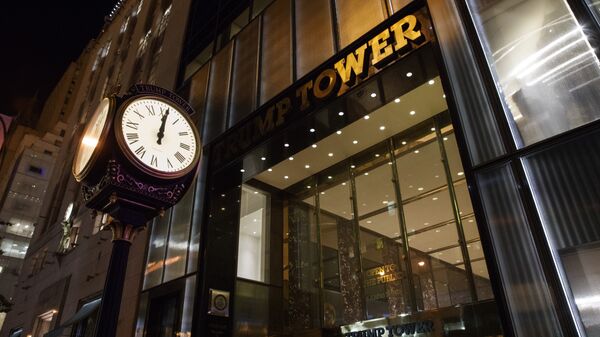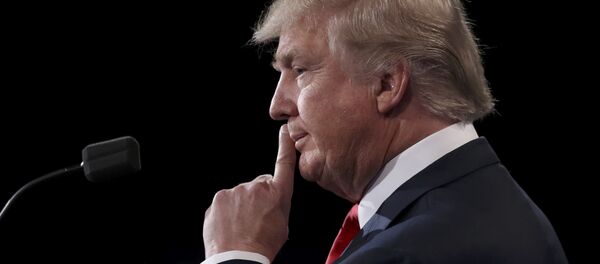On Monday, Slate’s Franklin Foer published an article with an explosive revelation. According to Foer, a number of cybersecurity experts claim that a private computer server in Trump Tower appeared to be directly connected to Alfa Bank, a commercial institution in Russia. This was the latest in an ongoing mainstream media narrative that the Republican nominee is secretly a Kremlin puppet.
The legitimacy of Foer’s article was immediately called into question. A number of outlets, including the Daily Beast and the New York Times, said they had looked into the story as well, but found it lacking.
"[FBI] agents scrutinized advisers close to Donald J. Trump, looked for financial connections with Russian financial figures, searched for those involved in hacking computers of Democrats, and even chased a lead – which they ultimately came to doubt – about a possible secret channel of email communication from the Trump Organization to a Russian bank,” the Times reported.
"FBI officials spent weeks examining computer data showing an odd stream of activity to a Trump Organization server and Alfa Bank," the Times continued. "But the FBI ultimately concluded that there could be an innocuous explanation, like a marketing email or spam, for the computer contacts."
Foer claimed that the server activity "appeared to follow the contours of political happenings in the United States." Writing for Vox, Timothy Lee pointed out that "If anything, the chart shows the opposite of that."
"In short, this chart seems to be totally unrelated to the political calendar. It provides no support for the idea that the Kremlin was using it as a back channel before and during the Republican National Convention in mid-July," Lee writes.
Despite the fact that the Slate story was debunked almost as soon as it was published, the Clinton campaign has seized it as part of its arsenal of Russophobic tactics to defeat Trump.
"The Washington Post piled on, attacking the Foer report, saying 'For all of Foer’s exegesis of the situation – culminating, he admits, with a lack of certainty about what it all means – it seems likely that the simplest answer isn’t that someone affiliated with Trump or his campaign set up a backchannel method for contacting someone at Alfa Bank in Russia,'" says Sam Sacks of Radio Sputnik’s Unanimous Dissent.
"The Intercept also has a pretty thorough takedown of the Foer piece, published on Tuesday. So too do a number of computer researchers, including people who were cited in the Foer piece, coming out and saying that the Foer piece is garbage."
Unfortunately, these grand Russian conspiracy theories distract from the legitimate issues of Trump’s campaign, including his proposals to ban Muslims from the country and his frightening insinuations that nuclear weapons could be used in the Middle East to combat terrorists.



